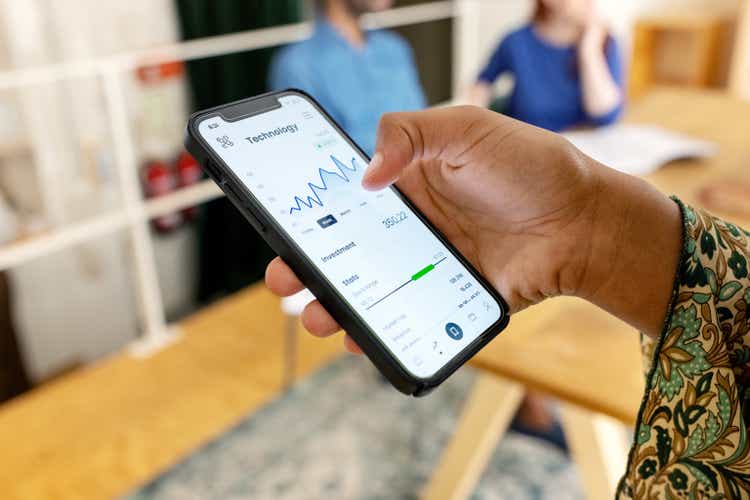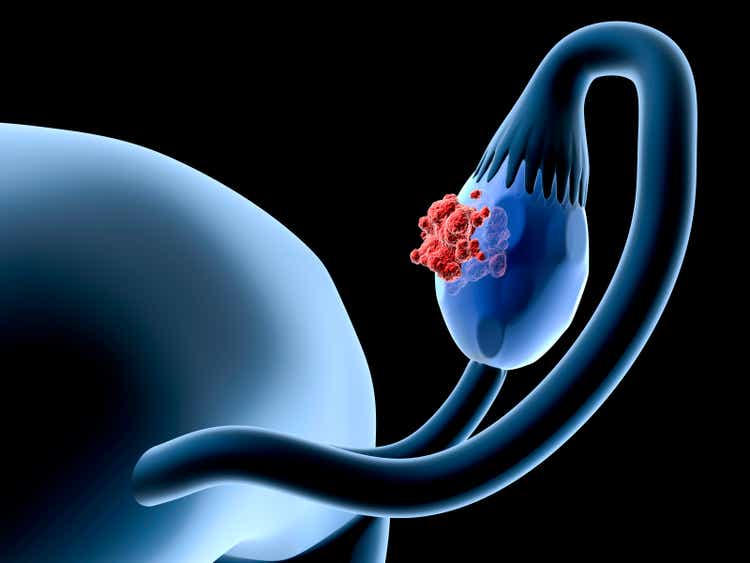Global rating agency Fitch Ratings has raised India's economic growth forecast for 2025-26 to 6.9 per cent, up from its June estimate of 6.5 per cent, citing resilient domestic demand, stronger services activity and looser financial conditions, ANI reported. The revision reflects a sharper-than-expected pickup in economic momentum between the first and second quarters of FY25, making India one of the fastest-growing major economies globally.
Q2 growth beats expectations
India's real GDP expanded 7.8 per cent year-on-year in April–June 2025, compared with 7.4 per cent in the January–March quarter. This was well above Fitch’s June projection of 6.7 per cent.
The surge was supported by services sector growth, which expanded by 9.3 per cent year-on-year, up from 6.8 per cent in the first quarter. On the expenditure side, both private and public consumption contributed significantly to the momentum.
"Domestic demand will be the key driver of growth, as strong real income dynamics support consumer spending and looser financial conditions should feed through to investment," the Fitch report said.
Growth seen moderating after FY26
Despite the upward revision, Fitch expects India's growth to lose some steam beyond FY26.
"Annual growth will slow in the second half of the financial year, and so we expect growth to slow in FY27 to 6.3 per cent. With the economy operating slightly above its potential, we expect growth will edge down to 6.2 per cent in FY28," the report said.
Tariff tensions add external risk
Fitch also flagged headwinds from rising trade frictions. The United States has imposed an additional 25 per cent tariff on imports from India in recent months.
While the agency expects these tariffs to eventually be rolled back through negotiations, it cautioned that uncertainty over trade ties may weigh on business sentiment and delay investment decisions.
Globally, Fitch projects world GDP growth at 2.4 per cent in 2025, down from 2.9 per cent in 2024 and below long-term averages.
Inflation at 7-year low
India’s inflation outlook has eased significantly, providing room for monetary accommodation. Headline inflation fell to 1.6 per cent in July, the lowest reading since June 2017, aided by soft food prices. Core inflation also slipped below 4 per cent for the first time in six months.
Against this backdrop, Fitch expects the Reserve Bank of India to cut policy rates by 25 basis points later this year. Rates are expected to remain unchanged through end-2026, before gradual tightening begins in 2027.

 2 hours ago
1
2 hours ago
1















 English (US) ·
English (US) ·